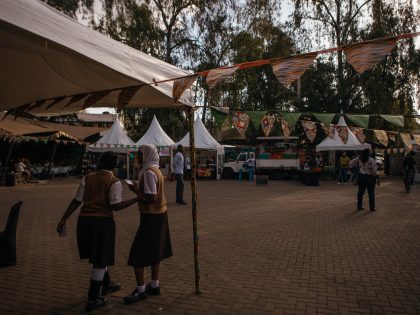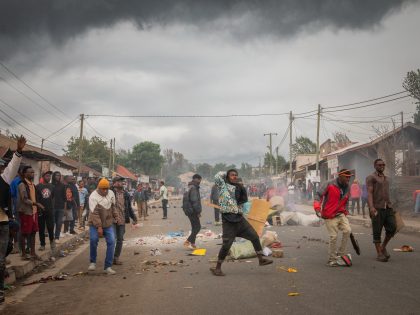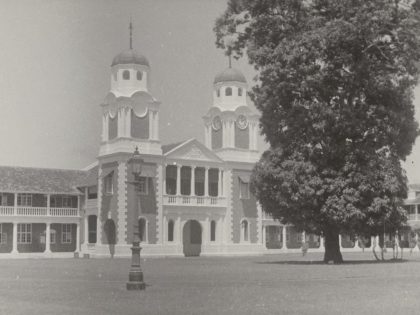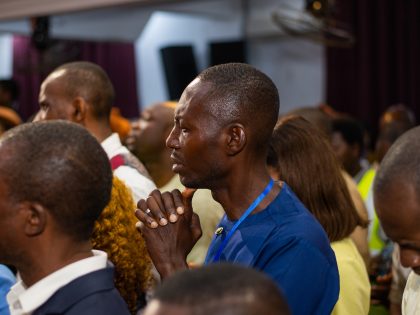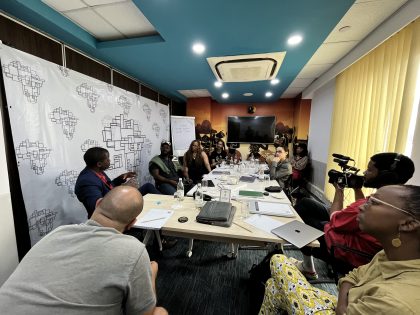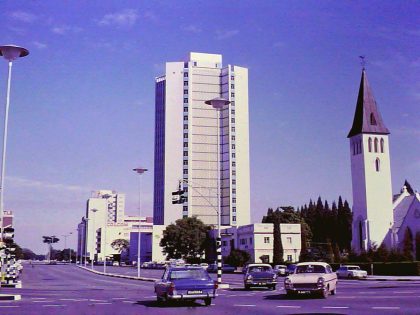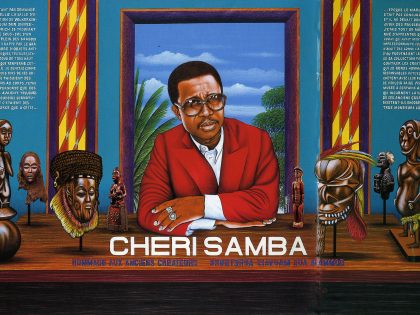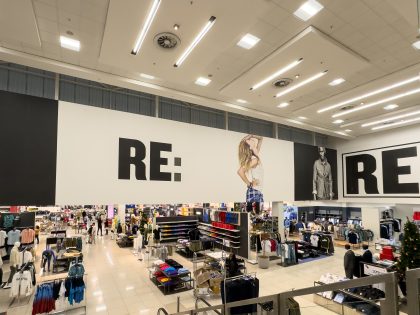The Race War
[youtube=http://www.youtube.com/watch?v=lGpikgxn-VM&w=480&h=295#13m00s]
Al Jazeera’s media criticism TV program “The Listening Post” has a useful analysis of the South African media’s reporting of the murder of the white supremacist, Eugene Terreblanche, by two farmworkers, one a 15 year old, after a wage dispute. (Not everyone is keeping a cool head; the British tabloids now report the race war narrative–which has little basis in fact–with glee.) The clip also covers the media’s obsession with Julius Malema, the youth leader of the ruling party, as well as how mainstream media covers race. (The insert is about 13 minutes in.) I have some minor qualms with the insert–for one, Malema is not “far left,” he is more of a racial nationalist, and did they have to interview Nick Broomfield. There’s also nothing about South Africa’s reactionary blogosphere. But generally I thought it was okay.

